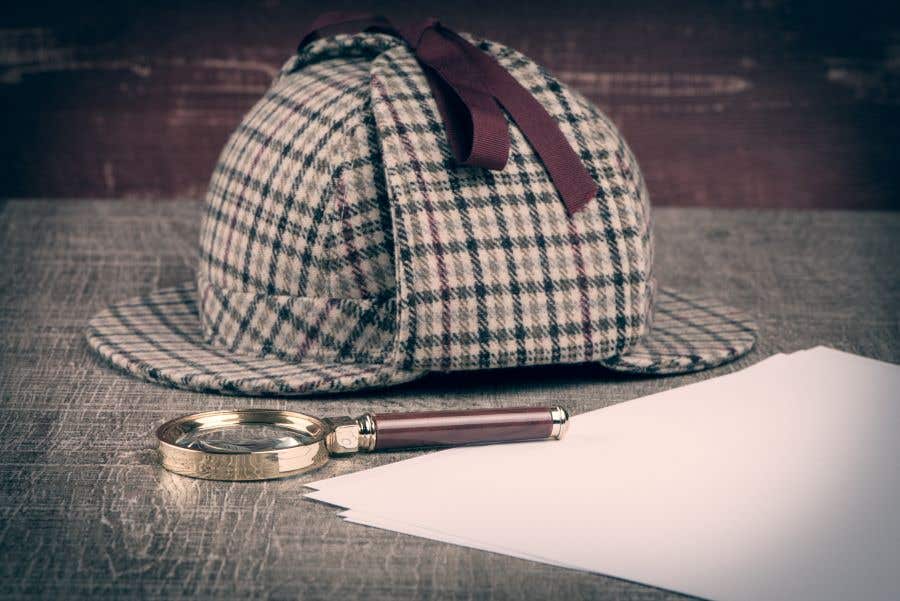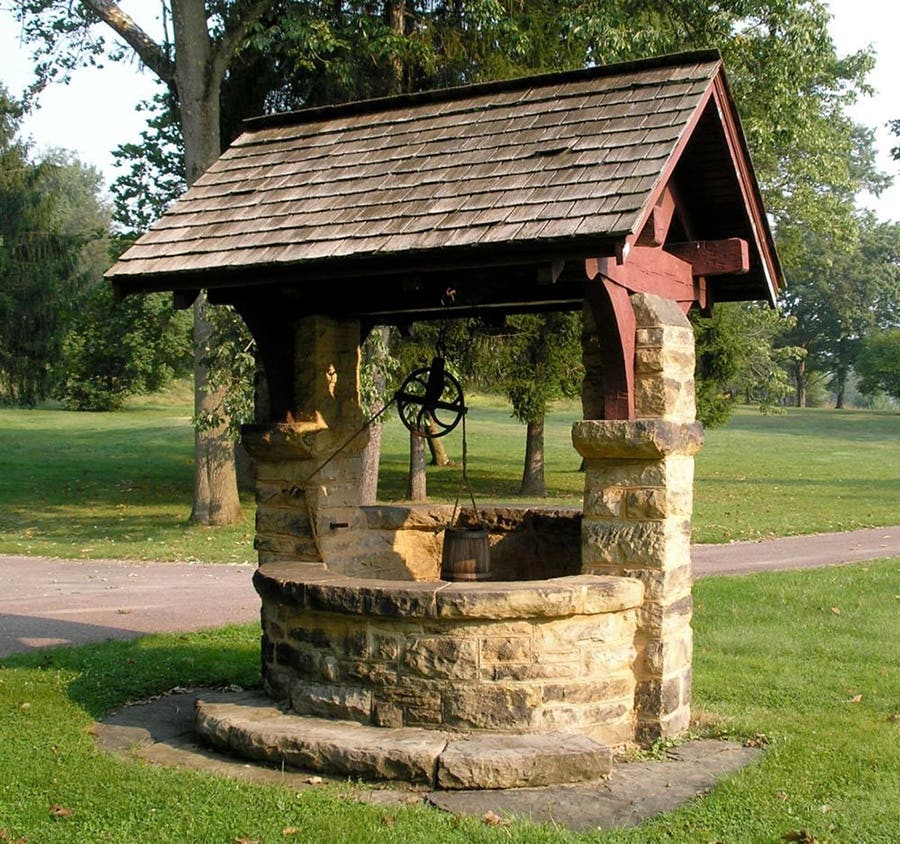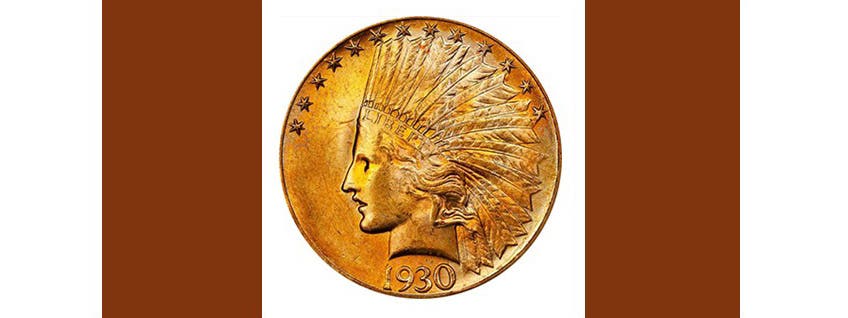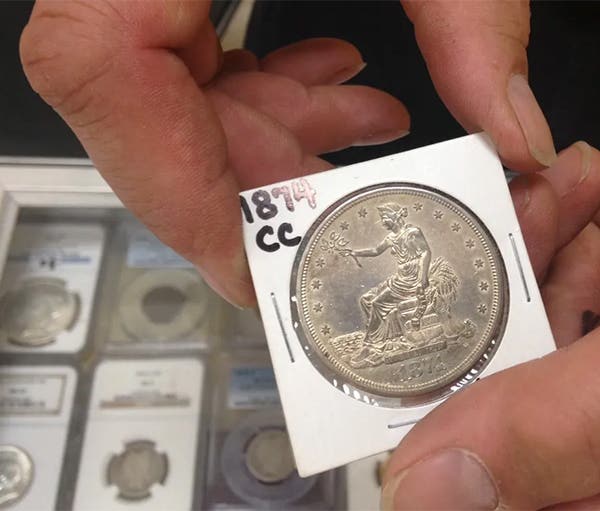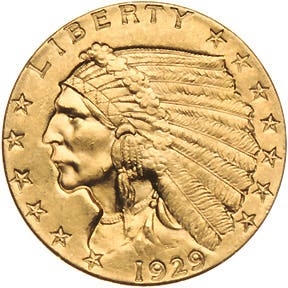Are Customers Better Off After Dealing with You?
Your objective is that after your client/customer concludes a transaction with you, they judge themselves to be better off than if they had not done business with you.
In the late 1960s, I read an article in Coin World about a teenager in the Northwest U.S. who had become a coin dealer. As I read that column, it occurred to me that maybe I could do that as well. When I was in my 10th-grade English class, I had to write a term paper on what I wanted to pursue as my career. I didn’t think coin dealer was an acceptable choice, so I listed that as my second option and wrote it on becoming a meteorologist.
Colleges don’t have programs teaching you to become a coin dealer, but I did obtain a Bachelor of Business Administration degree. Accounting was easy for me, so I became a certified public accountant. I enjoyed the firm where I worked – the work I was doing, my bosses, my co-workers, and clients – and expected it would be my lifelong career.
But the coin dealer I met near the university where my girlfriend attended eventually changed all that. I became a regular customer. When he retired after the 1979-1980 bullion boom, he asked me if I was interested in buying his company. I said no.
He had already seen that I had made some nice profits from re-selling the coins and bullion I had purchased from him and other places. When he described the kind of payments he would receive from another offer to acquire his company, I explained that almost all of the funds he would receive would be taxed as ordinary income rates, which at the time topped out at 50 percent federal.
That deal fell through. I think that was also the time that the dealer decided I was going to buy him out. It took him six months to persuade me. I became a coin dealer on May 4, 1981.
One bit of wisdom that I received as part of my continuing education as a certified public accountant has proved equally applicable to being a coin dealer: Your objective is that after your client/customer concludes a transaction with you, they judge themselves to be better off than if they had not done business with you.
Pursuing this objective has brought significant financial rewards as well as job satisfaction. Making a smaller profit margin each time from a long-term customer adds up much more than trying to make a huge profit from a one-shot transaction. So dealers treat potential and existing customers so that they are smiling after seeing you, and they will almost certainly return to you in the future. That includes offering fair quality and prices, friendly and helpful information, and overall pleasant service. You won’t please 100 percent of the public, but enough long-term repeat customers will keep your business thriving.
Answer to the Previous Trivia Question
Last week, I asked: Who was possibly the first person to have spent in commerce the first coins struck by the U.S. Mint – the 1792 half disme?
The answer, as some have guessed, is probably Thomas Jefferson. The best research indicates that the silver to strike these coins came from George and Martha Washington. Not their silverware, as a popular legend claims. Instead, the silver probably came from other foreign coins they had and other silver pieces they had in their household. After this silver was converted into the 1792 half dismes, Jefferson personally delivered the coins to Washington. On the way, however, Jefferson recorded that he paid for some expenses and may have used these new coins for that purpose. If so, he would have been the first person to spend U.S. Mint coins in commerce.
This Week’s Trivia Question
Which Series 1934 U.S. currency issue was illegal for American citizens to own? Come back next week for the answer.
Patrick A. Heller was honored as a 2019 FUN Numismatic Ambassador. He is also the recipient of the American Numismatic Association 2018 Glenn Smedley Memorial Service Award, 2017 Exemplary Service Award, 2012 Harry Forman National Dealer of the Year Award, and 2008 Presidential Award. Over the years, he has also been honored by the Numismatic Literary Guild (including twice in 2020), the Professional Numismatists Guild, the Industry Council for Tangible Assets, and the Michigan State Numismatic Society. He is the communications officer of Liberty Coin Service in Lansing, Mich., and writes Liberty’s Outlook, a monthly newsletter on rare coins and precious metals subjects. Past newsletter issues can be viewed at www.libertycoinservice.com. Some of his radio commentaries titled “Things You ‘Know’ That Just Aren’t So, And Important News You Need To Know” can be heard at 8:45 a.m. Wednesday and Friday mornings on 1320-AM WILS in Lansing (which streams live and becomes part of the audio archives posted at www.1320wils.com).




